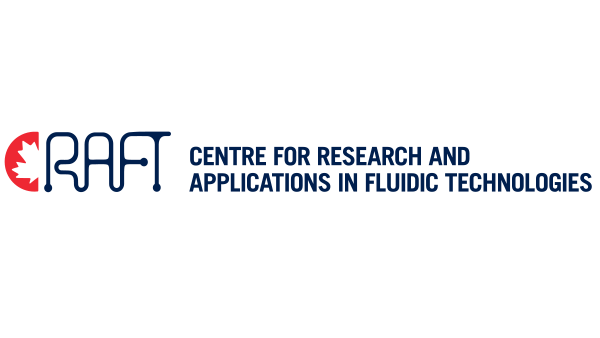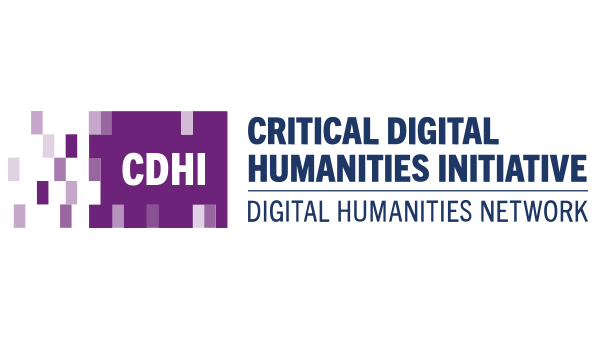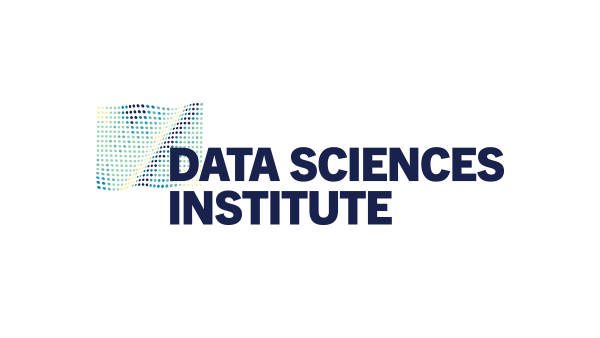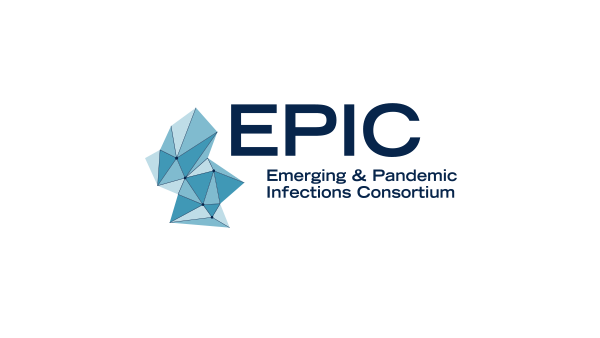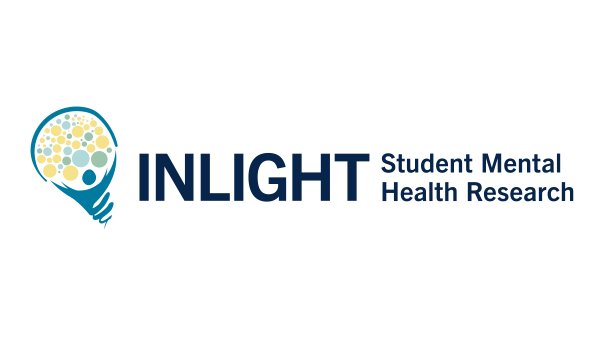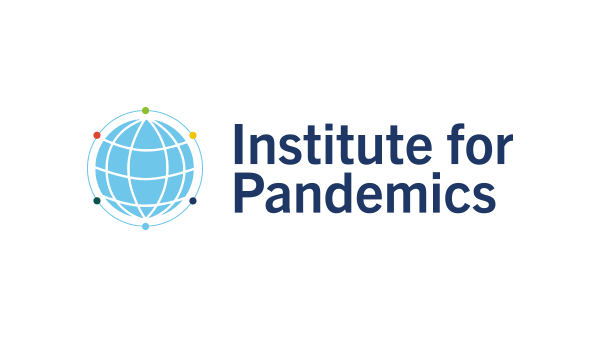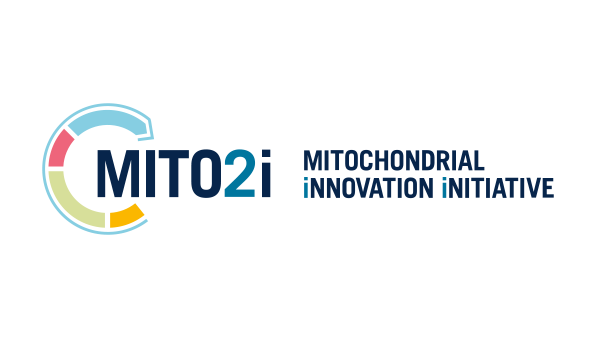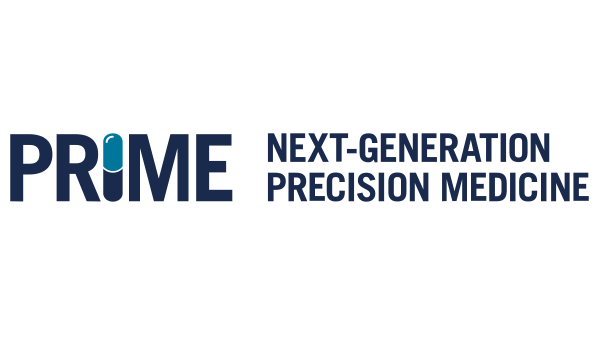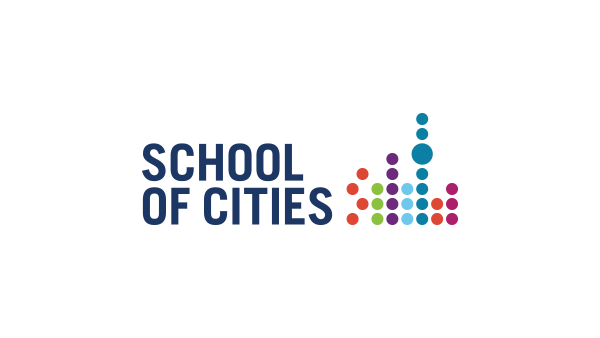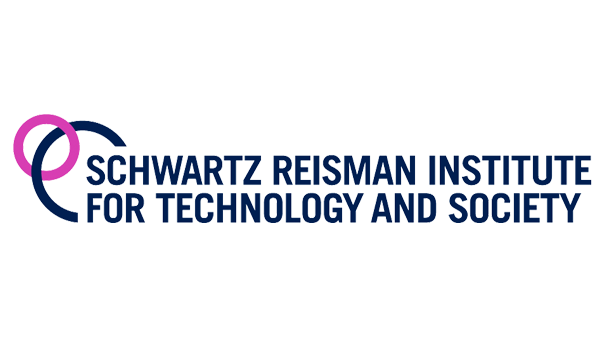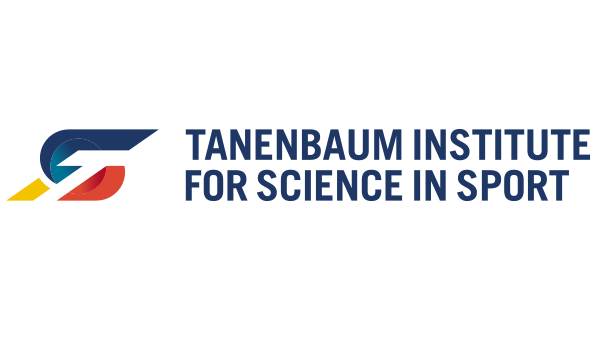Existing Initiatives
- Acceleration Consortium
- AGE-WELL
- Black Research Network (BRN)
- Climate Positive Energy
- CRAFT (Centre for Research and Applications in Fluidic Technologies)
- Critical Digital Humanities Initiative (CDHI)
- Data Sciences Institute (DSI)
- EPIC (Emerging and Pandemic Infections Consortium)
- Indigenous Research Network
- Inlight: Student Mental Health Initiative
- Institute for Pandemics
- Medicine by Design (MbD)
- MITO2i (Mitochondrial Innovation Initiative)
- Mobility Network
- PRiME (Precision Medicine)
- Robotics Institute
- School of Cities
- Schwartz Reisman Institute for Technology and Society (SRI)
- SDGs @ UofT (Sustainable Development Goals at U of T)
- TISS (Tanenbaum Institute for Science in Sports)
- TC3 (Toronto Cannabis and Cannabinoid Health Sciences Consortium)
- TRANSFORM HF
Acceleration Consortium
The Acceleration Consortium is leading a paradigm shift in scientific discovery through the development of self-driving artificial intelligence-guided robotic labs that accelerate the discovery of advanced materials and small molecules, from decades to years.
The consortium addresses fundamental topics, such as deep learning algorithms, materials modelling, and robotics and applied challenges, such as discovering materials for a wide range of commercial applications.
The Acceleration Consortium supports a commercialization-focused ecosystem that aims to translates materials discoveries through start-ups and industry partnerships.
AGE-WELL
AGE-WELL is Canada’s Technology and Aging Network. The pan-Canadian network brings together researchers, older adults, caregivers, partner organizations and future leaders to accelerate the delivery of technology-based solutions that make a meaningful difference in the lives of Canadians. AGE-WELL researchers are producing technologies, services, policies and practices that improve quality of life for older adults and caregivers, and generate social and economic benefits for Canada. We’re also training the next generation of innovators in this field. Our vision is that Canada’s leadership in technology and aging benefits the world.
Black Research Network (BRN)
The vision of the Black Research Network (BRN) is to promote Black excellence at U of T and to enhance the research capacity of Black scholars within the university and on the world stage. This includes increasing the visibility of Black scholars’ research accomplishments by sustaining a cross-divisional, interdisciplinary, network of Black scholars and facilitating robust research engagement across the University of Toronto and internationally. The BRN includes U of T Black-identified faculty (research and teaching stream), librarians, postdoctoral fellows, graduate and undergraduate students. The BRN envisions deep connections with Black communities outside of the U of T, and also holds space for non-Black colleagues committed to addressing anti-Black racism to work alongside BRN members to achieve the goals of the network.
Climate Positive Energy
Mitigating and adapting to climate change requires re-envisioning our energy systems and facilitating an equitable transition to sustainable energy. The Climate Positive Energy Research Initiative will link researchers developing social, scientific, technical, economic, and policy solutions around a common goal – supporting Canada and the world in achieving net-negative carbon emissions by 2050 while mitigating inequities in access to energy and the consequences of production.
CRAFT (Centre for Research and Applications in Fluidic Technologies)
The Centre for Research and Applications in Fluidic Technologies (CRAFT) is a unique long-term partnership between the University of Toronto (U of T) and Canada’s National Research Council to advance the field of microfluidics — the manipulation of fluids at micron length scales by developing devices with improved precision, lower detection limits, and the capacity to parallelize procedures. This partnership positions Canada to become a world-leader in developing and translating microfluidic solutions, such as point-of-care diagnostics, organ-on-a-chip devices and organ-scale tissue substitutes, that will improve the health of all Canadians and lay the foundation of a thriving, internationally competitive industry sector.
Critical Digital Humanities Initiative (CDHI)
The Critical Digital Humanities Initiative (CDHI) enables trans-disciplinary collaborations that emphasize questions of power, social justice, and critical theory in digital humanities research. Its vision is to harness the very tools of the digital revolution to forge a new paradigm of critical humanities scholarship, one that bridges the humanities’ emphasis on power and culture in historical perspective with the tools and analysis of digital technology. The CDHI is new mix of research workshop and design atelier, equipping humanities researchers with the technical and design expertise to use digital tools to ask new questions, share new knowledge, and analyze power and inequality in historical perspective.
Data Sciences Institute (DSI)
The Data Sciences Institute (DSI) is an entryway for all things data science at the University, including research, training, and partnerships. The initiative provides the leadership and capacity to catalyze the transformative nature of data sciences in disciplines, in fair and ethical ways, leveraging and strengthening U of T’s pre-eminence in data sciences to solve society’s complex and pressing problems. Research efforts focus on advancements in data science methodologies and tools that can be applied across a variety of fields as well as the emergent discipline of data science itself. The DSI forms a community and supports faculty and trainees to expand their data-intensive research activities; develop their computational and data science skills to support their teaching, scholarship, and research.
EPIC (Emerging and Pandemic Infections Consortium)
The Emerging and Pandemic Infections Consortium (EPIC) harnesses the full potential of Toronto’s diverse community, at U of T and its partner hospitals, of clinicians, scientists, engineers, and public health and policy-focused infectious disease experts to converge on innovative approaches that ensure future emerging infections do not wreak devastation. Anchored by U of T’s Infectious Disease Laboratories (IDL), Toronto’s only Combined Containment Level 3 (C-CL3) unit for the study of high-risk human pathogens, as well as the CL2+ aerosol containment facility and Biobank, EPIC’s virtual research and training ecosystem aims to be the leading initiative on infectious disease research and training from discovery to policy, a magnet for world-leading talent, and an authority on infectious disease-focused education and science-based advocacy.
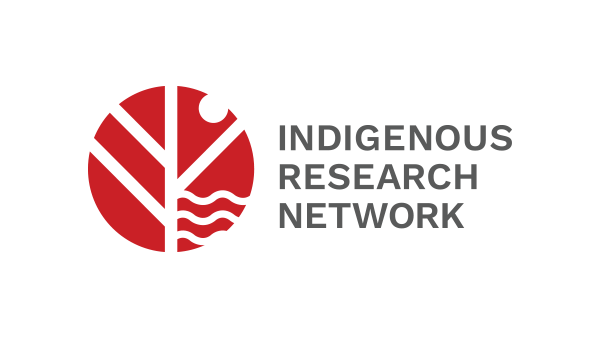
Indigenous Research Network
The goal of the Indigenous Research Network (IRN) is to build an interconnected and collaborative community of researchers involved in Indigenous research at UofT that respects and honours Indigenous cultures, knowledge, past and present. This multi-campus, multi-dimensional network will include faculty members and staff involved in research related to the challenges Indigenous Peoples and communities face and will promote curricular transformations required to address these challenges.
Inlight – Student Mental Health Initiative
There is a substantial gap in research evidence on the mental health and wellness needs of university students, raising critical questions about how to best support student mental health and wellness throughout their academic journey. The Student & Youth Mental Health Research Initiative will leverage important partnerships between U of T, the Centre for Addiction and Mental Health, and other hospital and community partners to establish a network of experts in student mental health research. Engaging with a wide range of stakeholders, this initiative will generate research-informed, evidence-based solutions to the complex challenges identified by the 2019 U of T Presidential & Provostial Task Force on Student Mental Health.
Institute for Pandemics
The Institute for Pandemics (IfP) brings together transformative researchers and educators from across disciplines and around the world to address the complex, global public health challenges posed by pandemics. Our work centers around three pillars: ‘readiness’ to prevent and track evolving pandemics; ‘resilience’ of health systems and communities, and to improve public health policies and interventions; and equitable ‘recovery’ to reduce health disparities in pandemics, and to build back stronger and more fairly. Situated in Canada’s leading school of public health, IfP serves as a knowledge nexus informing public health responses, helping to strengthen systems, and equip future health leaders with a multi-faceted skillset to combat pandemics and epidemics.
Medicine by Design (MbD)
Medicine by Design brings together more than 130 leading researchers at UofT and its affiliated hospitals at the convergence of science, engineering and medicine to advance regenerative medicine discoveries and dramatically improve health outcomes. Created in 2015 with an unprecedented $114-million investment from the federal government’s Canada First Research Excellence Fund (CFREF), Medicine by Design marks a new chapter in Toronto’s long history of global excellence in regenerative medicine, positioning Canada to continue to lead the field for decades to come.
MITO2i (Mitochondrial Innovation Initiative)
The Mitochondrial Innovation Initiative (MITO2i) is a network of researchers, clinicians, patients and advocates, academic institutions, non-governmental organizations and industry partners working together to transform our understanding of the role of mitochondria in human health and disease, including both rare and common chronic diseases affecting mood, metabolism, longevity and quality of life. MITO2i is focused on developing infrastructure for collaboration, knowledge integration and coordinated data-sharing to enable a comprehensive, big-picture understanding of this crucial and emerging area of medicine.
Mobility Network
Transportation and mobility touch virtually all aspects of our lives. The Mobility Network is a multidisciplinary, collaborative, and diverse network of mobility researchers that connects the University of Toronto’s exceptional strengths in data sciences, engineering and social sciences to address the technological, social, environmental and health disruptions facing society globally. Through interdisciplinary basic and applied research Mobility Network will identify pathways to more equitable and efficient urban mobility, provide the evidence and decision-support needed for effective and lasting societal change, and have profound implications for individual well-being, resilient, sustainable and just urban growth and prosperity, and, ultimately, our planet’s future.
PRiME (Precision Medicine)
PRiME leverages the U of T’s world-class expertise in biologics, omics, molecular chemistry, liquid biopsy, nanomedicine, biology-on-a-chip and related domains to develop new solutions to unmet needs in human disease. The multidisciplinary approach at PRiME goes beyond genomics and mutational profiling, to more fully understand the biology of disease, create new tools for disease diagnosis, and develop novel therapeutic strategies that will deliver on the promise of precision medicine.

Robotics Institute
The University of Toronto Robotics Institute is Canada’s global robotics talent network. UofT faculty working across the frontiers of robotics innovation have a critical mass of expertise spanning the robotics-enabling technologies (sensors, controls, machine learning and AI), robot system integration (perception and control), robot applications (healthcare, manufacturing, and mobility) and their impacts (business, ethical, regulatory, and economic). With a breadth comparable to many of the leading robotics research centres worldwide, and an alumni network that spans the globe, the University of Toronto Robotics Institute is Canada’s leading research and training partner in advanced robotics and thought leadership. Together with our partner ecosystem, we bring UofT research excellence and values to the global forefront of robotics innovation.
School of Cities
The School of Cities convenes interdisciplinary urban-focused researchers, educators, students, practitioners, institutions and the general public to explore and address complex urban challenges, with the aim of making cities, urban regions and communities more equitable, sustainable, prosperous and just. Today, more than half of the world’s population lives in cities. Why do cities matter? What makes a […]
Schwartz Reisman Institute for Technology and Society (SRI)
The Schwartz Reisman Institute for Technology and Society is a research and solutions hub dedicated to ensuring that powerful technologies like artificial intelligence are safe, fair, ethical, and make the world better—for everyone. With researchers in fields ranging from law, philosophy, and political science to computer science, engineering and beyond, the Institute will develop new frameworks to understand the social implications of technologies in the present age, and reinvent laws, institutions, and social values to ensure technology is designed, governed, and deployed to deliver a more just and inclusive world.
Sustainable Development Goals (SDGs@UofT)
The Transforming Our World: The 2030 Agenda for Sustainable Development, adopted by all United Nations Member States, provides a shared blueprint for peace and prosperity for people and the planet. At its core are the 17 Sustainable Development Goals (SDGs) that cover a wide range of complex challenges and serve as an agenda for a better and more sustainable future for all. The aim of the SDGs @ U of T is to build on our existing research initiatives, form new interdisciplinary and global partnerships, and produce a map for advancing the UN SDGs at U of T.
Read more news about
SDGs at UofTTanenbaum Institute for Science in Sport (TISS)
The Tanenbaum Institute for Science in Sport (TISS) is a global centre of excellence for high performance sport science and sport medicine. TISS's mission is to support research that advances high performance in sport for professional and non-professional athletes and para-athletes, as well as for members of the wider community, both able bodied and with disabilities, who want to optimize their recreational participation in sport.
TC3 (Toronto Cannabis and Cannabinoid Health Sciences Consortium)
The Toronto Cannabis and Cannabinoid Consortium (TC3) is a tri-campus, multi-institution, interdisciplinary Institutional Strategic Initiative that aims to advance cannabis and cannabinoid research across U of T and the Toronto Academic Health Sciences Network through research, education and training, resource sharing and collaboration, and knowledge translation and partnerships. The TC3 endeavours to close the significant gaps in knowledge related to the benefits, harms, and opportunities of cannabis and cannabinoid use and to develop a pipeline of highly qualified personnel who will become leaders in research and innovation in cannabis health sciences, business and policy. Together with our hospital partners, we are poised to take the lead as a cannabis knowledge creator and broker and make a national and international impact on health, policy and the economy.
TRANSFORM HF
TRANSFORM-Heart Failure aims to enable new healthcare models that are proactive, personalized, and decentralized to improve access to equitable, high-quality heart failure care. TRANSFORM HF unites a diverse team of experts in technology innovation and implementation, basic science, heart failure medicine, data analytics and artificial intelligence, health technology assessment, patient engagement and Indigenous health focused on working collaboratively to advance digital medicine and remote healthcare monitoring technologies in service of its mission. Together with Indigenous organizations and leaders, as well as patients, TRANSFORM HF hopes to create such innovative models in a spirit of allyship and partnership.
Read more news about
Transform-HF




